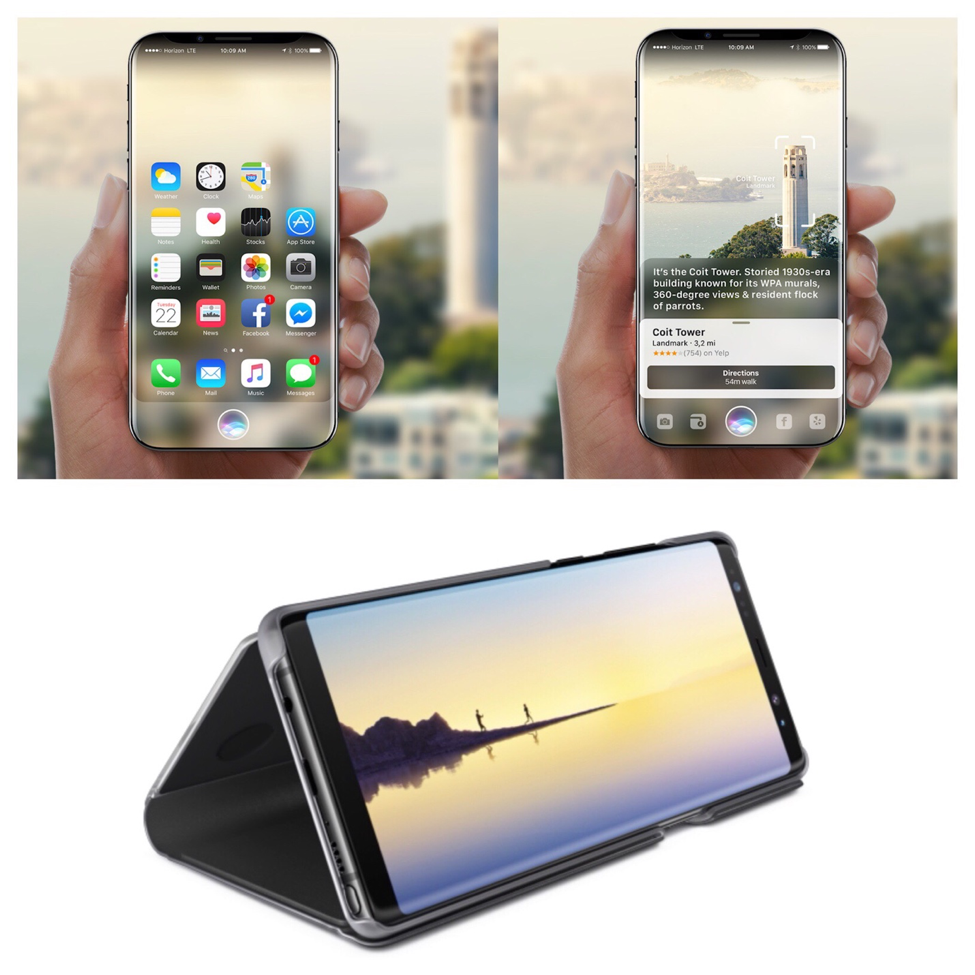Fast-forward to this week, and the naysayers have reemerged, this time focusing on the iPhone 8 and Galaxy Note 8. The latter was unveiled earlier this week, and it carries a price tag of between $930 and $960 depending on where you buy it. The former, Apple’s iPhone 8, is rumored to start at $999 for the entry-level model with 64GB of storage. —Zack Epstein, BGR.com
Well, the battle is over and the results are in.
On one side were those who said that software platforms would make hardware irrelevant. The implication was that as hardware faded in importance as a selling point the industry would drift towards commoditization. Average selling prices would fall and everyone would enjoy $99 phones because hardware didn’t matter.
On the other side, was me. Who said that powerful software platforms, even if they were cross-platform, increased the perceived value of the hardware. This would lead to a higher emphasis on quality, durability, and new hardware features. The combination of new technology and more powerful software is allowing customers to justify spending more on these pocket devices. I predicted that prices would go up.
I don’t possess any special wisdom or inside information. It’s simple business that has been observed in other industries for decades. As you increase the perceived value, customers are willing to pay for more high-end features.
As the power of moving data grows, it will trigger new hardware enhancements on the premium end. Adding cameras, lasers, and new sensors all adds cost. And this is just getting started. AR is just getting launched and health monitoring is going to be huge. At first, people may think that they don’t need these fancy new features but what happens when all of your friends are playing connected augmented reality games online?
Cross-Platform software has not led smartphones prices to go lower. But they are now at their highest levels ever.
Now available in iBooks —> The Tesla Bubble




 RSS Feed
RSS Feed